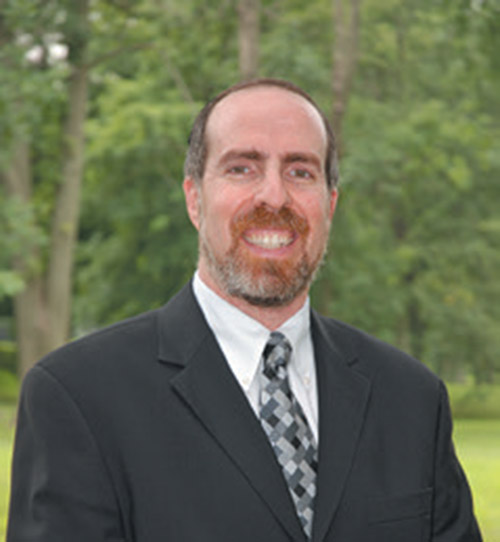
A mother developed a serious illness and the daughter and mother insisted that the mother’s father not be informed. The husband, though, argued that it was best for the father to be informed so that the father would have an opportunity to pray for his daughter. The couple approached Rav Yitzchak Zilberstein to resolve this dilemma.
On the one hand, the Torah strongly values maintaining a secret and respecting privacy. Indeed, one who fails to respect confidentiality runs afoul of the pasuk in Mishlei that states “Holeich rachil megaleh sod,” an evil gossiper reveals secrets. On the other hand, one should never underestimate the potent power of a parent’s prayer.
The Torah (at the end of Parshat Vayetzei) interestingly presents the bracha that Lavan bestowed upon his daughters Rachel and Leah. The Seforno comments that the Torah records this blessing to teach the power of a blessing that is imbued with the great love that only a parent can muster. Seforno adds that the Gemara states that even the bracha of an ordinary individual (birkat hedyot) is significant; certainly a parent’s blessing is imbued with great meaning and impact.
Moreover, when the Torah (as is well known) presents the reward of long life for honoring parents, it is presented in the plural “lema’an ya’arichun yamecha.” This seems unusual as it would have seemed more appropriate to state “lema’an ya’arichu yamecha.” Why the usage of the plural?
The Tur (in his commentary to the Torah) explains that the term “ya’arichun” should be translated as “they shall lengthen.” This refers to Hashem, of course, but also to parents who can lengthen the years of a child with their prayers on his behalf. Thus, the pasuk teaches that honoring parents motivates Hashem to lengthen the years of the child as well as moving parents to deepen their prayer on behalf of the child. The plural form “ya’arichun” thus refers to both Hashem and parents.
Thus, the Seforno and Tur teach the incredible power of a parent’s prayer for which a child should not be deprived. Thus, Rav Zilberstein concludes that under normal circumstances the father should be informed of his daughter’s illness in order to create the opportunity for prayer.
Rav Zilberstein writes that an exception would be if the information would endanger the father’s life. It should be noted, though, that while withholding information in certain circumstances was a wise step in earlier generations, the situation has dramatically changed today with the advent of extremely accessible worldwide communication. It is almost never wise to withhold information in the current era since it is likely that the information will be discovered in a less controlled and far more dangerous environment and circumstance.
Returning to the potency of a parent’s prayer, the same could apply to a loving teacher and rav. The Talmud interprets the Torah’s teaching of v’shinantam l’vanecha (and you shall teach your children) as also referring to Talmidim/students. A proper rebbe-talmid relationship should emulate the loving parent-child bond. It follows that a loving rebbe/rabbi’s bracha might approximate the power of a parent’s bracha.
The warmth and love of the brachot my mother bestowed upon me are among my sweetest memories. Also very memorable was witnessing Rav Mordechai Willig’s children eagerly receiving their father’s Friday night bracha.
We biological and metaphorical parents often worry about our children. Among the best ways to help them is to bestow upon them a heartfelt blessing and pour out to Hashem our deepest and most meaningful prayers concerning them.
By Rabbi Haim Jachter
Rabbi Haim Jachter is the spiritual leader of Congregation Shaarei Orah, the Sephardic Congregation of Teaneck. He also serves as a rebbe at Torah Academy of Bergen County and a dayan on the Beth Din of Elizabeth.













